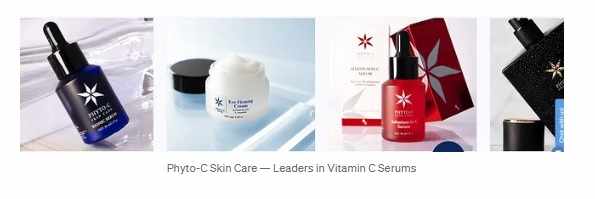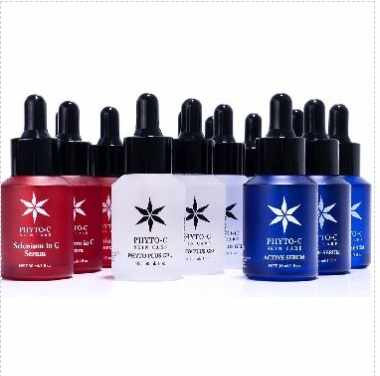
Several people choose the best antioxidant vitamin C serum for sensitive skin, either to protect the skin or to brighten it. Vitamin C works as an antioxidant. You can also find other antioxidants for skincare. But vitamin C is the most studied and safe if used in the right concentration and combination for sensitive skin. It protects your skin against oxygen-free radicals that are generated from pollution, infrared radiation, general stress, and UV radiation.
Antioxidants like vitamin C are used to neutralize free radicals and keep your skin healthy. Vitamin C serum, a dermatologist recommended vitamin C serum for sensitive skin, helps you reduce the following:
· Skin discoloration
· Dullness
· Fine lines
· Premature aging signs
Dietary Sources of Vitamin C
You cannot make vitamin C on your own. But you can also get it through dietary sources like pineapple, guava, kiwi, bell peppers, tomatoes, citrus fruits, papaya, black currants, leafy greens, and broccoli. You may not get sufficient vitamin C required for skincare through dietary sources. Therefore, you can select the best serum for sensitive skin dermatologist recommended for topical application.

Benefits of Topical Application of Vitamin C
The topical application of antioxidant vitamin C offers the following skin health benefits:
· Reduction in dark spots
· Improvement in wound healing
· Protects collagen
· Improves collagen secretion
According to recent studies, the best and recommended form of vitamin C for skincare is L-ascorbic acid, an active form. Its effectiveness varies based on the concentration. It is available in concentrations ranging from 0.3%. Even at 0.3%, this active form of vitamin C helps you improve antioxidants in your skin, fine lines, and maintain an even skin tone. You can choose a lower concentration of L-ascorbic acid at 5 to 10% in the best vitamin C serum for sensitive skin. You can gradually increase it to 20% to enjoy benefits like evening skin discoloration, fading wrinkles, and strengthening loose skin.
Issues with L-ascorbic Acid
It may become unstable. It gets oxidized and is not useful for skincare. You can use it even if it turns from a pale-yellow color to dark yellow. It is an indication of oxidation and loses some of its efficacy. However, you can stop using the product if it turns dark red, as it is no longer effective.
Brands use several ways to prevent oxidation of vitamin C serum for sensitive skin, such as storing it in an air-tight container, using opaque/dark bottles, or reducing water in the formula to help improve stability.
Other issues for people with sensitive skin are their acidic nature. You can choose a serum with a pH of between 5 and 6% to improve tolerance and enjoy skin care benefits. If you still face issues with this ingredient, you can choose alternative forms of vitamin C, such as THDA (Tetrahexyldecyl ascorbate) for sensitive skin. Other derivatives of vitamin C for sensitive skin are ascorbyl palmitate, sodium ascorbyl phosphate, ascorbyl glucoside, and 3-O-ethyl-L-ascorbic acid. These derivatives are less irritating for sensitive skin.
You can choose high-quality serums for sensitive skin at reputable online stores and start using them for better skincare. Comparing the prices at various online stores and buying the product at a lower cost without compromising quality helps you save hard-earned money.
Conclusion
Vitamin C is the most studied and shown to improve skin health. People with sensitive skin may face issues because of the highly acidic nature of L-ascorbic acid. You can choose a product with a pH of 5 to 6. If you still face issues with sensitive skin, you can choose serums with derivatives of vitamin C.










Write a comment ...